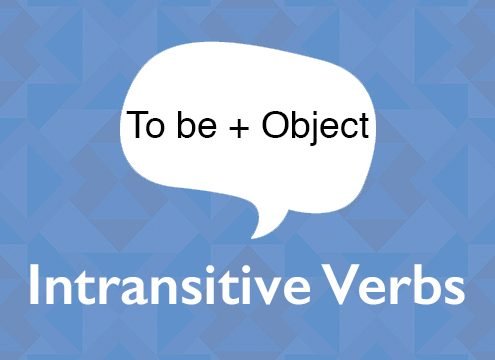Some adjectives and adverbs do not play by the rules (no acatan las normas). The English play by the rules (of course), but we make a few exceptions with some adverbs – as you do in Spanish.
Normally adverbs end in “ly”, and they give us more information about a verb, an adjective or other adverbs. That is the easy part, as in these examples:
- The French minister spoke rudely (habló groseramente) about Mr. Boris Johnson.
- Mr. Boris Johnson wisely (sabiamente o prudentemente) ignored the French minister´s comments.
- Alejandro wants Great Britain to leave the EU quickly.
Now, let´s look at three exceptions: straight, late, daily. These words are both adjectives and adverbs.
- The road was straight (recta). Alejandro went straight ahead (Alejandro fue todo recto). “Straight” in the first sentence is an adjective, and in the second sentence it is an adverb. The context makes this obvious.
- The train was an hour late (el tren llegó con una hora de retraso). The trains are running 60 minutes late today (los trenes llevan 60 minutos de retraso). So we have a late (adjective) train, and the trains are running late (adverb).
- There are flights from Madrid to Gibraltar on a daily basis (hay vuelos diarios de Madrid a Gibraltar). The flights are twice daily (los vuelos son dos veces al día). So we have daily (adjective) flights, and twice “daily” (adverb).
There are other adverbs and adjectives that don´t play by the rules. For another day!











